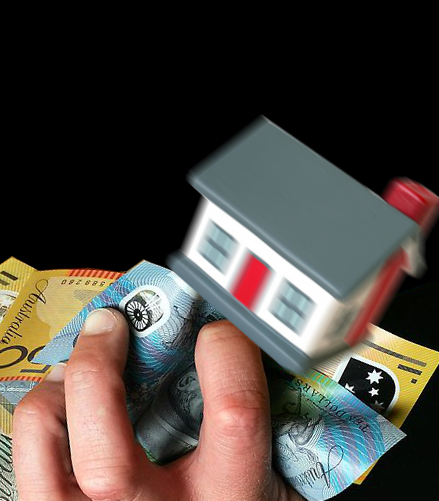WA budget stirs lobby response
 Business groups are concerned about the looming WA budget.
Business groups are concerned about the looming WA budget.
WA Premier Mark McGowan spelled out some painful decisions this week, saying “tough and uncompromising” decisions would be needed to dig the state out of a financial situation he says is “the worst … since the Great Depression”.
Future deficit forecasts have been revised up, with debt now expected to reach $42.3 billion by 2020.
WA's projected deficit for 2019-20 is now more than $1 billion, while the projected deficits in 2017-18 and 2018-19 have escalated too.
Treasurer Ben Wyatt says substantial increases to power prices of at least 7 per cent will be necessary, and there is speculation that public sector wages will be frozen as well.
The new Labor government’s first budget is due on September 7, but McGowan will need parliamentary approval for further borrowing sometime around the middle of the year for the state to pay its bills.
But Mr Wyatt says there will be no new taxes, and no delay to the construction of Labor's Metronet public transport system.
“The Government will need to make tough and uncompromising decisions to arrest this slide,” Mr McGowan said.
“People won't like it, but unless we do, this state will slide into a financial basket case.”
The promised Foreign Buyer Surcharge - a four per cent tax on residential property purchases by overseas investors - will be introduced in 2019-20 and used to fund a freeze on TAFE fees.
Two of the state’s top business figures - property developer Nigel Satterley and banker John Poynton - have played down the impact of the controversial tax on foreign investors.
“[There will not be] a great impact because there's not a lot of interest in buying residential property for investment from Asia in Perth,” Mr Satterley said.
“Perth's in a technical deep recession, 200 families a week are leaving Perth, there's an oversupply of everything.”
Mr Poynton said Perth's cheaper housing market and subdued economy attracts foreign investors, but they may now think twice.
“I can understand why a government would want to do it,” he said.
“I would suggest there are other easier places to look rather than putting another tax on economic activity.”
Property industry lobbies have been far less measured in the comments.
The Housing Industry Association called the tax “a retrograde step”, the Property Council of Australia described it as a “dumb idea” that will have “dire ramifications”, and the Real Estate Institute of Western Australia called it as an “example of politicians bleeding property for political point scoring”.








 Print
Print